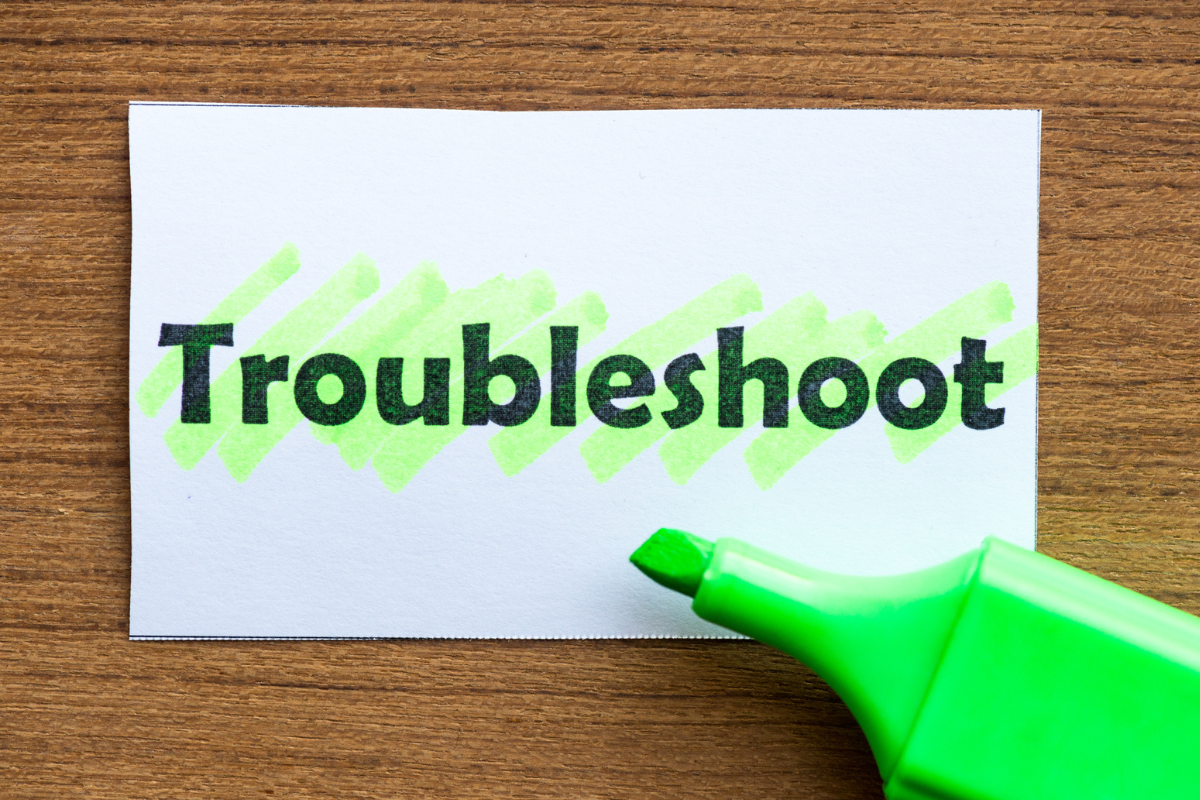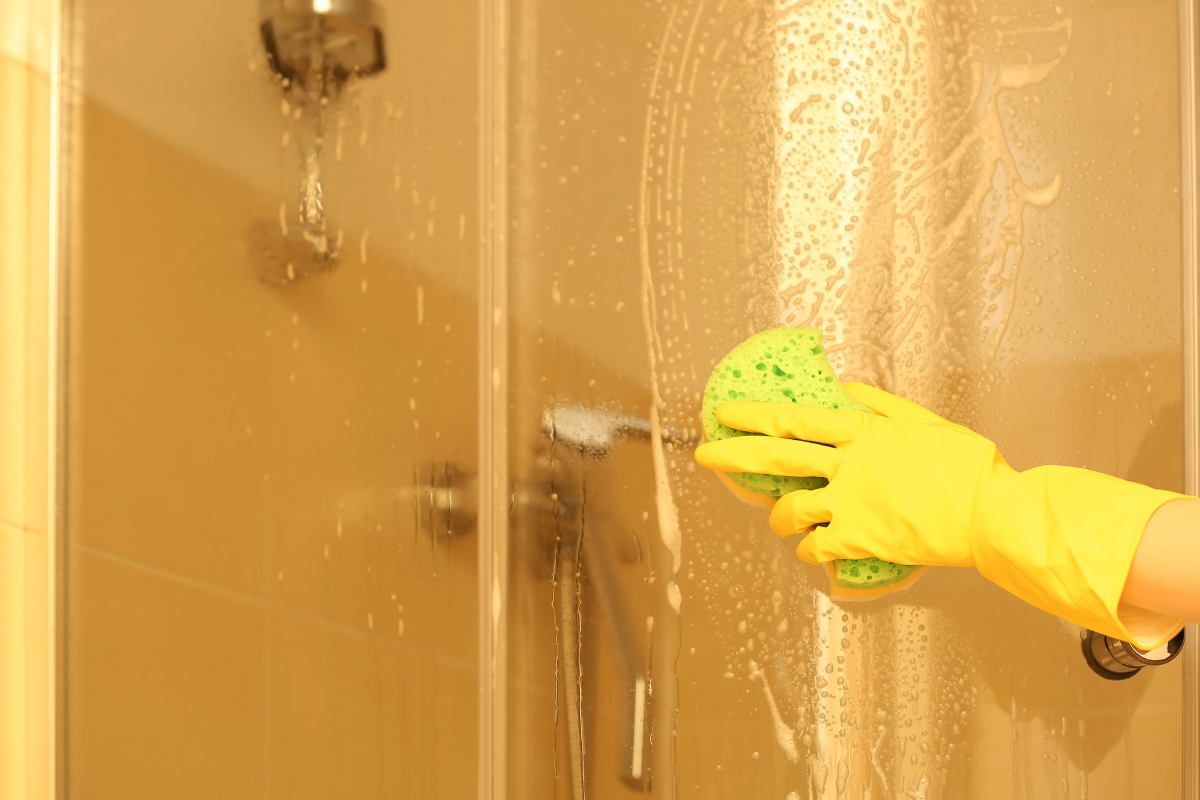Is A Whole House Water Filtration System Worth It?
Access to clean water is the most valuable form of currency. It is vital to our health, wellbeing, and safety. Unfortunately, much of our homes’ water retains certain contaminants, even after being treated. Consumption of contaminated water can lead to a variety of health and cosmetic issues. Luckily, there is a simple solution: a whole house water filtration system.
What Is Whole House Water Filtration?
Many Americans use a dedicated, under-sink water filter solely for drinking water or bathing. But this does not address hazards and inconveniences posed by contaminated water in the rest of the house. Whole house water filters treat contaminated water before it reaches any faucet in the home, whether it is the garden hose or the guest bathroom.
Do You Need a Whole House Water Filter in Colorado?
If you live in Colorado, you’ve probably been told your whole life that you’re lucky to have access to some of the best-tasting water in the country. Residents along the Front Range are in close enough proximity to the Rocky Mountains to benefit from their snowmelt and surface water.
But just because the water
tastes
good doesn’t mean it is completely safe to drink. There are plenty of other metrics that revolve around the safety of your water, and the quality can vary significantly from county to county.
Colorado Water Main Concerns
As is the case across the country, Colorado’s cities must meet high standards and regulations for water processing and disinfecting. In order to meet these standards, though, most cities use chemicals like chlorine and chloramine, which are harsh enough that they can each cause their own issues ( including the potential for bacterial contamination).
Furthermore, the standards used by municipalities for water quality (aka
EPA Guidelines) are more than twenty years old. New studies are emerging linking the presence of contaminants, even in trace amounts, to adverse health outcomes. Nearly all of Colorado’s water contains technically “allowable” levels of concerning elements, such as arsenic, chromium, lead, and nitrates. The presence of “forever chemicals,” or PFAs and microplastics is further reason to consider a whole house water filter in Colorado.
Water Filtration Options
Activated Carbon
Many American households use an activated carbon filter for drinking water. This may be done as-needed with a Brita pitcher or something similar, such as a system that comes with your refrigerator. These filters need to be changed frequently, sometimes as often as every few days (in the case of the filtration pitchers). That’s not just annoying, it can get expensive!
Under Sink Water Filters
Another option is, again, to install an under-the-counter filter for a specific water source, such as the kitchen sink or shower. But these only filter water coming out of the target faucet or showerhead. Furthermore, the cost of individual filters for each water spout in your home can easily add up, and there are so many on the market nowadays it’s difficult to find a trustworthy source.
Water Delivery
Many Americans also have filtered drinking water delivered to their doorsteps in the form of five-gallon jugs; but these are raising environmental concerns for the amount of plastic used to manufacture these containers. Although they can be recycled, the plastic will eventually break down into microplastics, which is one of the things we are trying to avoid in the first place.
Whole House Water Filters
While the above filters can be effective for certain uses, i.e. drinking and cooking, they do not address problems posed by water contaminants in other areas of the home. For example, you don’t want to be washing your hands or clothes with water laced with forever chemicals, which can be absorbed through the skin. Likewise, you can’t be sure your pets are not drinking from toilets or other water sources that may harm them.
By far the safest, simplest, and most cost-effective form of water filtration is a whole house water filter. Not only will you have peace of mind that every source of water in your home is free of contaminants, you will also avoid the cost of multiple filters and the hassle of needing to constantly change them.
What Can a Whole House Water Filter Remove?
The exact contaminants removed by your whole home water filtration system will depend on the method you are using. There are a few types of whole house water filters on the market, each with different capabilities. At The WaterPros, we use UV filtration and Reverse Osmosis to purify your home’s water.
What is a UV Whole House Water Filtration System?
Ultraviolet (UV) filters utilize electromagnetic radiation to deactivate harmful microorganisms. Radiation is emitted by a light that effectively disrupts the DNA of bacteria, viruses, and other pathogens, preventing them from reproducing.
UV filters are effective at removing:
- Salmonella
- Streptococcus
- E. Coli
- Cholera
- Dysentery bacilli
- Mycobacterium tuberculosis
- Giardia
- Cryptosporidium
- Certain viruses, such as Hep B
- Algae
- Fungi
What is a Reverse Osmosis Whole House Water Filter?
Reverse osmosis is one of the most effective means of removing contaminants from your water. It utilizes a semipermeable barrier called the RO membrane. This membrane allows for water to be forced from an area of high solute concentration (i.e. high contaminant levels) to an area of low solute concentration. The membrane is, essentially, a gatekeeper: contaminants and other particles are left behind, while fresh, pure water passes through.
Among other things, a RO whole house water filter can remove:
- Forever chemicals (PFOs/PFAs)
- Arsenic
- Sodium
- Iron
- Mercury
- Nitrates
- Phosphates
- Lead
Considerations for a Whole House Water Filter System
As you can see above, a UV filter is best for addressing pathogens, while a reverse osmosis filter is better for non-biological contaminants. Ideally, your whole home water filtration system will include both a UV filter and RO filter for the purest water possible. Pathogens are not generally a concern with city water (though they are not unheard of). If you need to choose one, a reverse osmosis filter is an excellent option.
In order to work optimally, however, your RO whole house water filter needs an important companion: a water softener. Reverse Osmosis filtration systems
can remove certain hard minerals from the water, but they will wear out the membrane far more quickly. A dedicated water softener will help alleviate issues associated with
hard water, such as limescale,
skin problems, and early appliance burnout. In the meantime, your RO filter can do its job of removing dangerous chemicals from your family’s drinking, bathing, and cleaning water.
Whole House Water Filtration System in Colorado
In the end, the peace of mind a whole house water filtering system can give is priceless, and you’ll be happier and healthier for it. In Colorado, The WaterPros is proud to be a top installer of water softeners and whole house water filters all along the Front Range. We have extensive knowledge of water purification and will help you find the best solution for your home’s unique needs. Call or go online today to schedule an appointment or to ask us any questions–we love talking about water!









